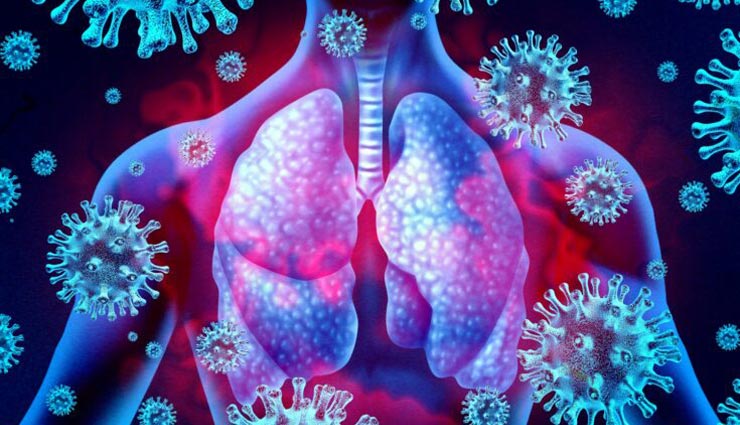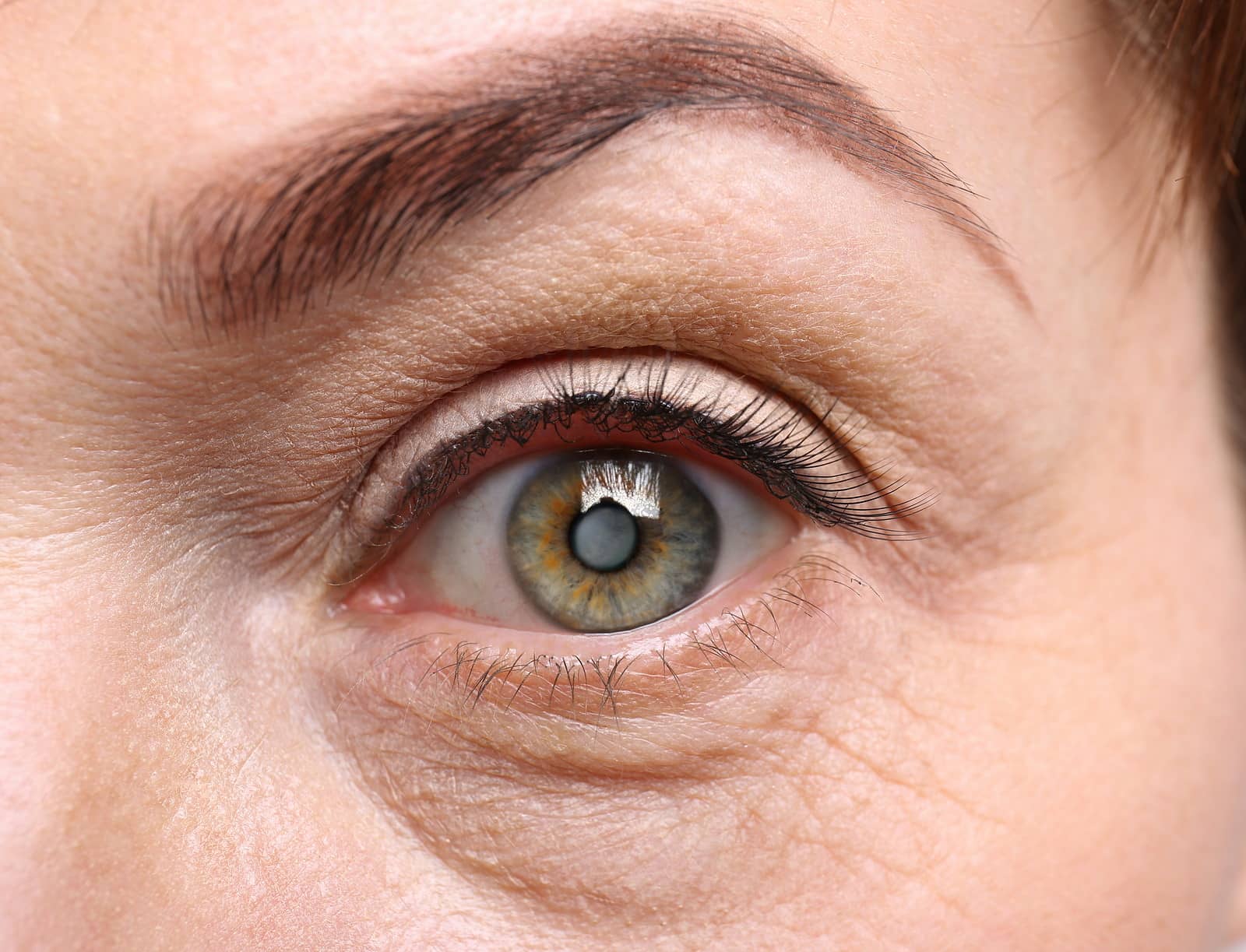Immune system weakness: Symptoms, causes, and treatments
A weak immune system leaves us susceptible to a variety of infections and diseases. We are all familiar with Corona, a drug that weakens the immune system. We will discuss the symptoms of a weakened immune system and provide tips that can improve a person’s health. Please stay with us.
Immune system symptoms
Tiredness is always with you.
Have you ever tried to be healthy but still felt tired and lacking energy? A weakened immune system could cause this. As the immune system fights infection, it uses all its energy sources. As a result, the immune system takes more energy from you when you have a chronic illness or inflammation in your body. An overactive immune system can waste energy in the body even when there is no infection present. Chronic inflammation and a poor diet are primarily responsible for this immunity.

Colds are contagious.
It may be necessary to strengthen your immune system if you suffer from colds, coughs, runny noses, or the flu more than twice a year. Colds are caused by different types of viruses and bacteria. The body cannot meet the constant need to produce white blood cells in a weak immune system, leading to annoying respiratory symptoms.
There is constant abdominal pain and diarrhea in your body.
Microorganisms in your intestinal tract play a crucial role in regulating your immune system. By sending signals to the immune system, particularly white blood cells, these healthy microorganisms help protect the gut against infection. As these beneficial germs are killed, harmful germs accumulate and irritate the gut, causing abdominal pain and diarrhea. As a result, the immune system is weakened, and the necessary signals to fight these infections are lost.
Most of the time, you are stressed.
Having a weak immune system is more likely if you have a lot of stress in your life. Chronic, long-term secretion of cortisol reduces the T lymphocyte response. Infections are fought mainly by these lymphocytes (white blood cells).
It takes time for your wounds to heal.
Skin wounds are healed by the immune system. Different immune cells play a role in each of the four stages of wound healing. Wound healing is delayed if this process is interrupted.
Infections recur frequently.
It is a clear indication of a weakened immune system if you feel sick often and need to see a doctor frequently. Your immune system should be strengthened in this case.
There will be sudden and severe fevers.
In most cases, this is a sign of infection. No matter what causes a sudden rise in body temperature, you need to pay more attention to your immune system.
In order to reduce fever, people often turn to antipyretic drugs, which trigger a set of activities that help the immune system fight infections. Although a fever feels good, it prevents you from doing essential natural activities that support your immune system. You might be better off controlling your rage, drinking more fluids, and letting it out.
There is constant pain in your muscles and joints.
Muscle pain is closely related to the immune system. During an infection, the immune system produces large amounts of inflammatory chemicals and white blood cells. During the early stages, monocytes (another type of white blood cell) increase. As the immune system weakens and inflammation persists, these monocytes become depleted. Muscle aches are the result of this condition over time.
Eczema is always a problem for you.
Lipids are fatty compounds found in our skin tissue. As a result of these lipids, water cannot escape the skin and irritants and unwanted organisms cannot enter. When the immune system works, lipids cannot function effectively. In turn, this reduces the skin’s moisture, cracks the skin, and allows bacteria and fungi to enter the skin, causing acne and eczema.
Medicine is always taken by you.
Your immune system needs to be boosted if you take antibiotics or malaria medications more than twice a year. When your immune system cannot fight germs without outside help, such as medicine, then you have a weak immune system, and you need to take medication instead.
Immune system weakening factors
There are many disorders that can weaken the immune system and lead to an immune deficiency. There are mild to severe forms of these disorders. There are some of them that are present from birth, and there are others that are caused by environmental factors.
The following are some examples of these disorders:
The AIDS epidemic;
Cancers of certain types;
Nutritional deficiencies;
Hepatitis viral;
In spite of a weak immune system, how can you stay healthy?
The following steps can help people with weakened immune systems maximize their health and prevent infection.
Health
Infections can be prevented by frequent hand washing
Following good hygiene, including frequent hand washing, is one of the easiest ways to boost health in someone with a weakened immune system. Hand washing is recommended at these times by the US Centers for Disease Control and Prevention (CDC):
Preparation of meals and snacks before, during, and after;
Immediately before eating,
Sneezing or coughing;
Cuts or open wounds before and after treatment;
Upon contacting an ill person,
When the baby has been bathed,
Changing diapers;
In the aftermath of handling an animal, animal feed, or animal waste;
As soon as the garbage has been handled
The risk of disease is significantly reduced when hands are properly washed. Hand washing reduces the incidence of infectious diarrhea by up to 58% in people with weakened immune systems, according to the Centers for Disease Control and Prevention. Children under five can be protected from pneumonia and diarrhea by washing their hands with soap and water, according to the center.
Avoid sick people at all costs.
Colds and other infections should be avoided by people with weakened immune systems. Through close contact, other viruses and infectious diseases can be transmitted. Whenever you are around someone who is sick, wear a mask and wash your hands frequently if you have a weak immune system.
Corona epidemic quarantine
Coronavirus can cause severe symptoms in people with weakened immune systems.
People with weakened immune systems should take:
Do the necessary work alone at home.
Regularly wash their hands;
Keep a safe distance from others;
Keep surfaces clean and disinfected at all times.
If you have symptoms, see your doctor.
Management of stress
An individual’s immune system can be further weakened by stress, making them more susceptible to disease. A person who is constantly exposed to stress is more likely to become ill. Those with weakened immune systems should manage their stress. Stress may be reduced by the following measures:
Yoga;
Meditation;
Get a massage.
Entertainments;
Getting enough sleep
Sleep deprivation has a similar stress effect on the immune system. Sleep deprivation disrupts the immune system’s ability to produce white blood cells. In general, adults need seven hours of sleep a day, and infants and children need eight to seventeen hours, depending on their age.
Dietary health
A person with a weak immune system should eat a healthy diet. A diet rich in vegetables and fruits is generally recommended by doctors for people with weakened immune systems.
If a person with cancer becomes very weak during treatment, their doctor may advise them to take greater precautions against foodborne illness. Among these actions are:
Before peeling fruits and vegetables, wash them thoroughly.
Meat, fish, and undercooked eggs should be avoided.
Food should be refrigerated;
Pasteurized juices and dairy products.
Exercise on a regular basis
Maintaining a healthy body requires regular exercise. As a result of exercise, the body is strengthened and endorphins are released, reducing stress levels. Weak immune systems should be careful not to put too much stress on them as this will further weaken them.
Sports with the following characteristics should be avoided by people with weakened immune systems:
Exercise that is very intense;
Rest by exercising non-stop for a long period of time.
Supplements
The immune system is affected by some vitamins and minerals. A person who is deficient in vitamin C may also have poor immunity. The immune system can also be affected by vitamins and minerals such as:
Vitamin A;
Vitamin D;
A folic acid supplement;
Vitamin E;
Nutrients can be obtained from food sources if possible. If your doctor determines that you are not getting enough nutrients from food sources, they will prescribe supplements to compensate.


